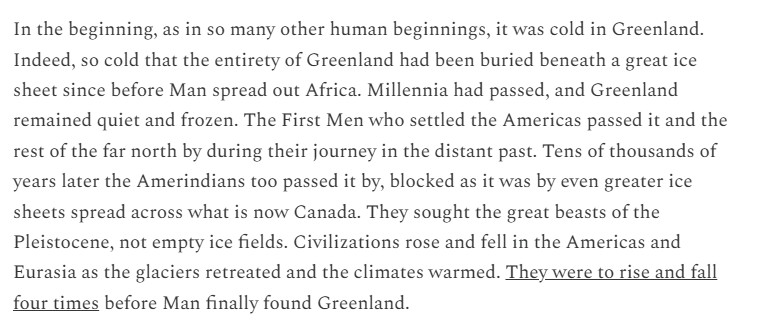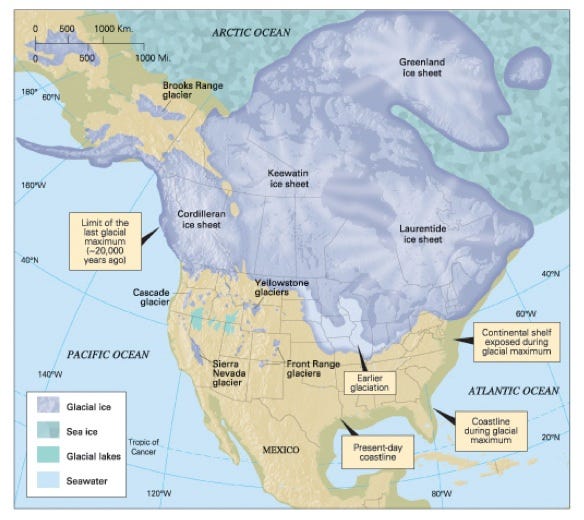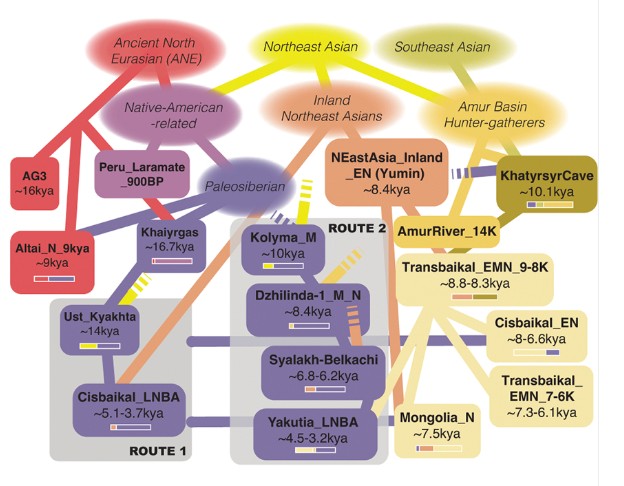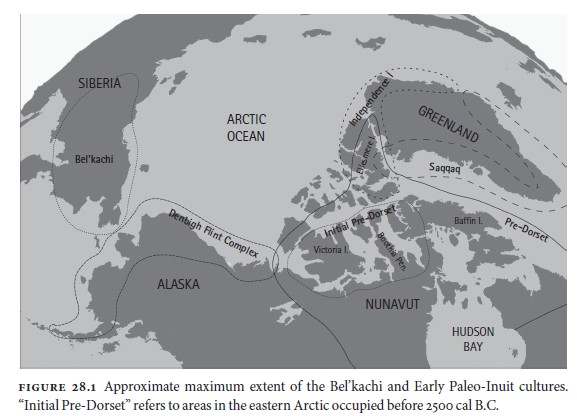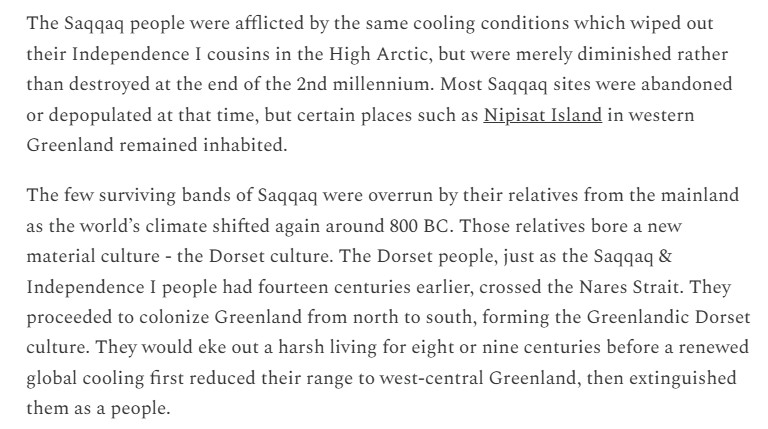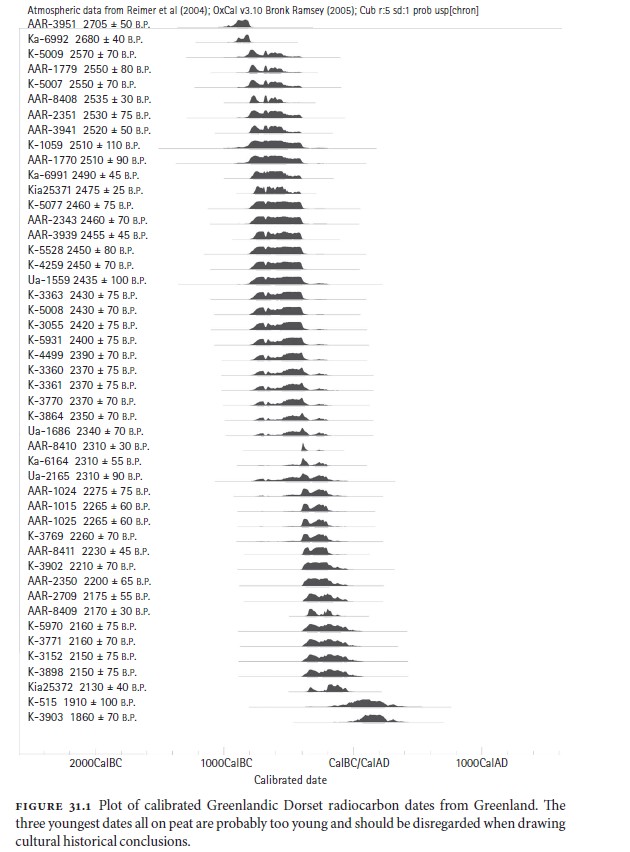Sikhs in the late 17th century eastern Punjab were riven by internal conflicts. The Sikh guru declares himself the last guru, & that Sikhs would be governed by a council after his death. The goal of this was to unite the Sikhs & defend against Rajputs. 



Mughals killed two sons of last Sikh guru after promising safe passage in 1704. Aurangzeb agreed to meet the guru, but died before meeting him. Guru met Aurangzeb’s successor, but died himself in 1708, leaving Sikhs to be led by the council, the Khalsa. 





Banda Bahadur led the Sikhs in a 6-year long anti-Mughal rebellion during the chaotic years following Aurangzeb’s death. His backing was mostly from Khalsa supporters, lower nobility, & Jats from E Punjab. Khalsa gave all men who joined the prestigious name “Singh”. 







Sikh rebellion was brutally crushed, but polarized the Punjab between Mughal supporters & Khalsa-supporters. Sikh warbands waged a guerrilla war against the Mughals, filling a power vacuum as Mughal authority in the Punjab weakened. By 1767 Sikhs controlled most of the Punjab. 





• • •
Missing some Tweet in this thread? You can try to
force a refresh


